HIPAA Compliant AI Agent For Medical Websites & Dental Websites To Increase Conversion Rates
HIPAA compliant AI agents can significantly enhance the effectiveness of medical & dental websites, leading to higher conversion rates by improving patient engagement, streamlining administrative processes, and ultimately creating a more positive user experience. A real-world implementation like PatientGain’s shows that an AI Agent is a practical tool designed to solve specific marketing tasks for medical and dental practices: capturing leads, after-hours leads, reducing front-desk workload, and making it easier for potential patients to convert to paying patients by providing instant, useful, and convenient answers, and guiding them while they are still on medical or dental website, regardless of mobile or desktop website. If a potential patient selects any options to communicate further, like calling your medical or dental practice, there a HIPAA compliant Leads funnel and CRM behind the website, capturing behavior of the potential patient, and creating a predictive model.
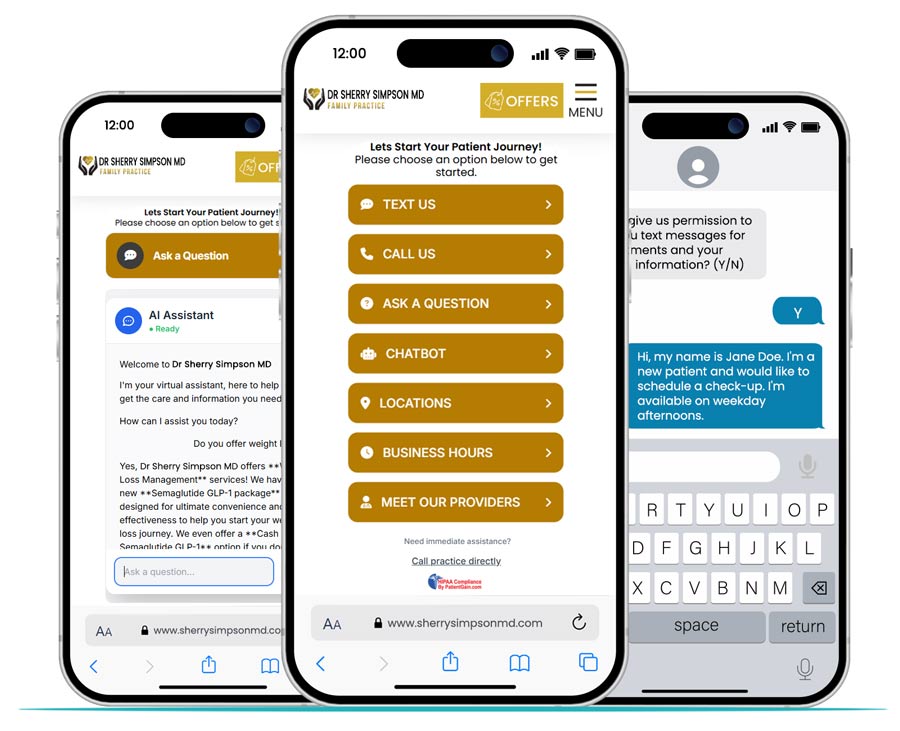
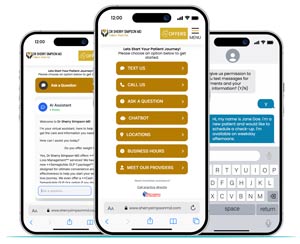
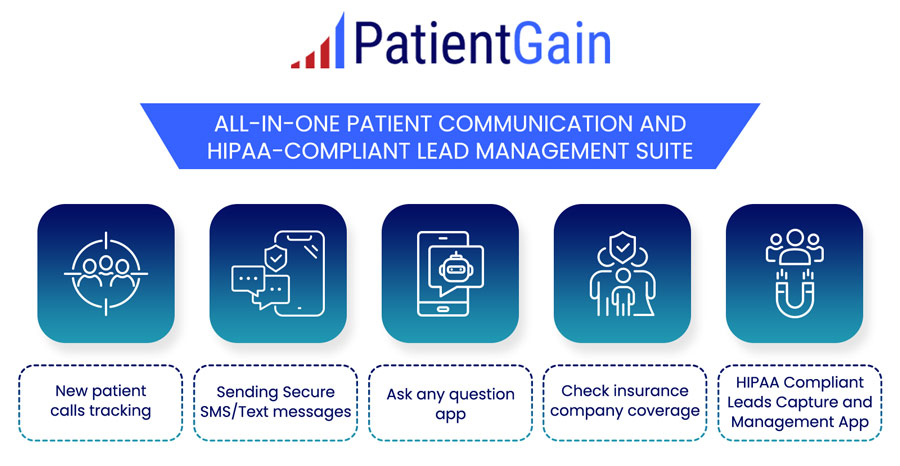
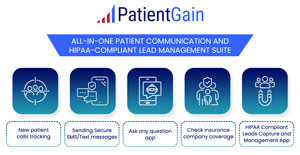
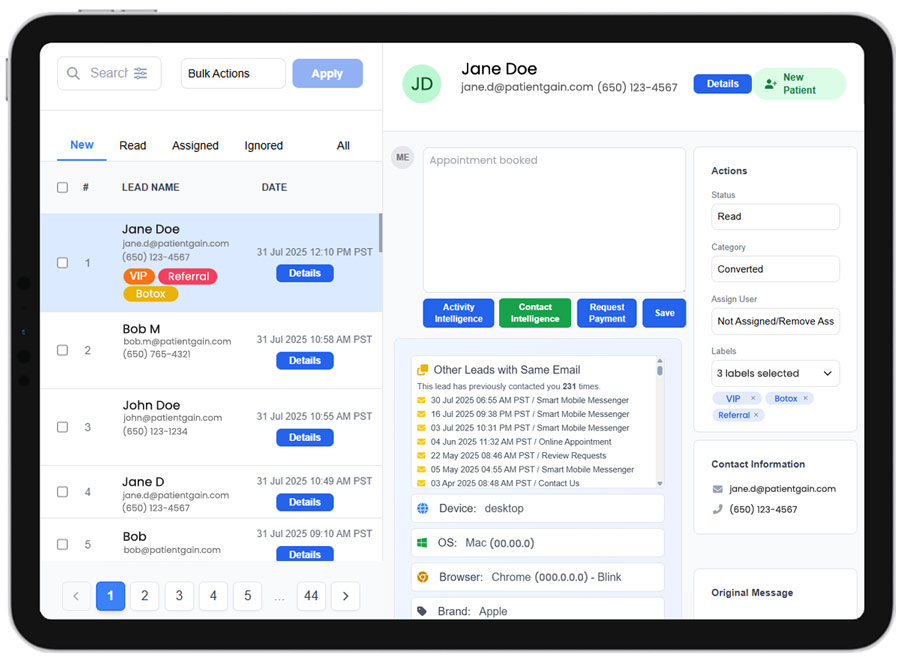
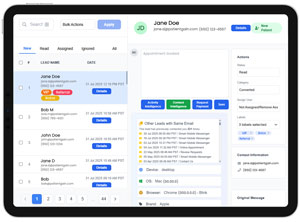
What is medical website conversion ?
A website conversion refers to the process where a website visitor takes a desired action, such as requesting an appointment, filling out a form, or calling the practice, ultimately turning them into a patient or lead. Essentially, it’s about transforming potential patients into paying patients for your medical or dental services.
A conversion is measured by specific desired actions: Conversions can be categorized into primary and secondary conversion events.
- Primary Conversions: These are the most valuable actions, like booking an appointment, redeeming an offer, or making a direct call to the practice.
- Secondary Conversions: These actions indicate engagement and potential future conversions, such as filling out a contact form, signing up for a newsletter, or downloading a resource.
Why Conversions Matter:
Medical websites strive to convert visitors into patients to grow their practice, increase revenue, and improve their online presence.
Optimizing for Conversions:
Healthcare practices use various strategies to improve conversion rates, including:
- Clear Call to Actions (CTAs): Directing visitors to desired actions with prominent buttons and clear instructions.
User-Friendly Design: Making the website easy to navigate and understand, with a focus on mobile-friendliness. Compelling Content: Providing valuable information, patient testimonials, and engaging content to build trust and encourage engagement. Online Scheduling and Communication: Offering convenient ways to book appointments online and communicate with the practice. Tracking and Analysis: Monitoring conversion rates and making adjustments to optimize website performance.
Is there a way to increase the conversion rates on my medical or dental website by adding an AI Agent?
